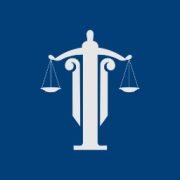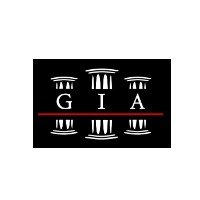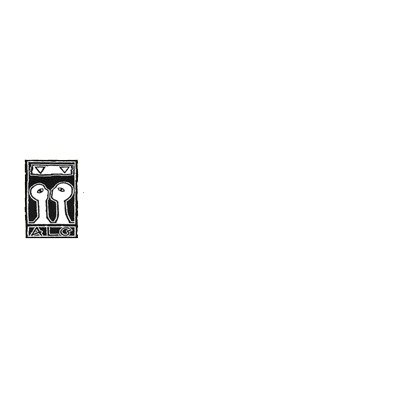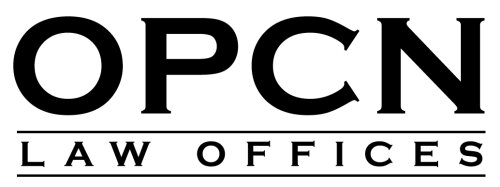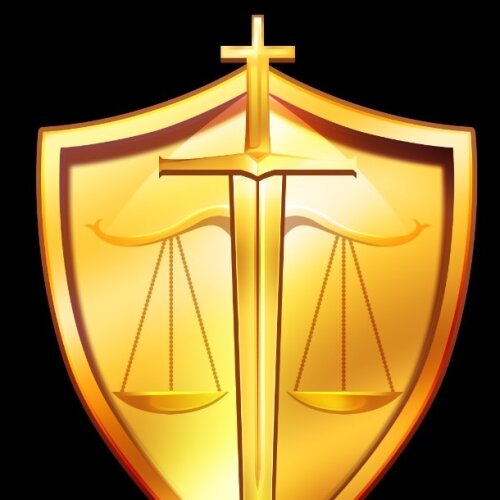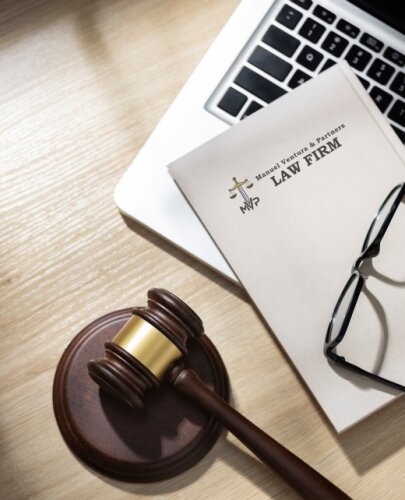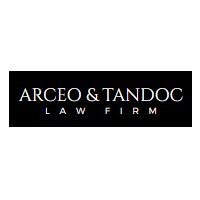Best Ethics and Professional Responsibility Lawyers in Quezon City
Share your needs with us, get contacted by law firms.
Free. Takes 2 min.
List of the best lawyers in Quezon City, Philippines
About Ethics and Professional Responsibility Law in Quezon City, Philippines
Ethics and Professional Responsibility laws in Quezon City, Philippines, govern the conduct and moral obligations of professionals across various fields, ensuring they operate within the bounds of fairness, integrity, and accountability. These laws are designed to maintain public trust in professions by demanding a high standard of behavior, and they cover areas like legal ethics, medical ethics, business conduct, and the responsibilities of public officials. In Quezon City, as elsewhere in the Philippines, such laws are essential to ensuring that professional practices align with ethical standards and the greater good of society.
Why You May Need a Lawyer
There are several situations where an individual or organization might need legal assistance concerning Ethics and Professional Responsibility in Quezon City. These can include, but are not limited to, allegations of professional misconduct, breaches of confidentiality, conflict of interest issues, malpractice claims, unethical business practices, violations of code of ethics in specific industries, or needing guidance on establishing ethical compliance programs within an organization. Navigating these complex issues often requires the expertise of a lawyer who is well-versed in local laws and ethical standards.
Local Laws Overview
Key aspects of local laws relevant to Ethics and Professional Responsibility in Quezon City include the Philippine Code of Professional Responsibility for lawyers, which outlines their duties to clients, the court, and the public. Other laws include the Anti-Graft and Corrupt Practices Act, which serves to prevent corruption among public officials, and the various professional codes specific to other fields, such as medicine or engineering. Local ordinances may also be applicable, particularly in cases involving business ethics and professional conduct regulations. These laws collectively help ensure that professionals adhere to ethical standards and legal obligations.
Frequently Asked Questions
1. What is considered professional misconduct in Quezon City?
Professional misconduct generally involves any action or omission that is contrary to the ethical standards and laws governing a specific profession. This can include fraud, breach of confidentiality, conflicts of interest, or failure to provide an accepted standard of service.
2. How can I file a complaint against a professional in Quezon City?
You can file a complaint by submitting documentation and evidence of the alleged misconduct to the relevant regulatory body that oversees the profession in question. For example, lawyers are overseen by the Integrated Bar of the Philippines.
3. Are there specific ethical standards for businesses in Quezon City?
Yes, businesses in Quezon City must adhere to ethical standards that often include transparency, honesty in advertising, fair treatment of employees, and responsible stewardship of company resources. The Department of Trade and Industry provides guidelines for ethical business conduct.
4. What should I do if I suspect corruption in a local government office?
If you suspect corruption, you can report your concerns to the Office of the Ombudsman or other relevant authorities like the Commission on Audit. Doing so helps ensure accountability and transparency in government operations.
5. How are medical ethics regulated in Quezon City?
Medical ethics are regulated by the Philippine Medical Association, which provides guidelines for the professional conduct of physicians. These include patient confidentiality, informed consent, and the physician's duty to provide care to the best of their ability.
6. Can I be held liable for ethical violations if I wasn't aware of them?
Ignorance of ethical standards is not typically a defense. Professionals are expected to be familiar with and adhere to the ethical codes relevant to their field. Regular training and consultation with legal experts can help prevent unintentional breaches.
7. How do ethical compliance programs work?
Ethical compliance programs are designed to ensure that an organization adheres to relevant laws and ethical standards. These programs often involve training, policies to guide behavior, monitoring mechanisms, and procedures for dealing with breaches.
8. What role does the Integrated Bar of the Philippines play in legal ethics?
The Integrated Bar of the Philippines is a national organization that enforces legal ethics for lawyers. It conducts investigations into ethics violations and provides guidance on maintaining ethical legal practice.
9. Are there consequences for breaches of professional ethics in Quezon City?
Yes, consequences can range from warnings and fines to suspension or revocation of a professional license, depending on the severity of the breach and the relevant regulatory body's findings.
10. How often are ethical regulations updated in Quezon City?
Ethical regulations may be updated periodically to reflect changes in societal values, technological advancements, and emerging challenges. It's crucial for professionals to stay informed about any changes in their field's ethical regulations.
Additional Resources
For more information on Ethics and Professional Responsibility, individuals can reach out to the following resources:
- Integrated Bar of the Philippines (IBP)
- Philippine Medical Association (PMA)
- Department of Trade and Industry (DTI)
- Office of the Ombudsman
- Professional Regulation Commission (PRC)
Next Steps
If you require legal assistance in the field of Ethics and Professional Responsibility, consider the following steps:
- Identify the issue: Clearly define the ethical or professional concern you are facing.
- Research: Use resources and guidelines from relevant bodies to understand your situation better.
- Consult a lawyer: Engage a lawyer specializing in Ethics and Professional Responsibility to assess your situation and provide legal advice.
- File a formal complaint or case, if necessary: With your lawyer’s assistance, determine whether to proceed with filing a case or complaint.
- Stay informed: Keep up-to-date with changes in relevant laws and continue seeking guidance to prevent future issues.
Lawzana helps you find the best lawyers and law firms in Quezon City through a curated and pre-screened list of qualified legal professionals. Our platform offers rankings and detailed profiles of attorneys and law firms, allowing you to compare based on practice areas, including Ethics and Professional Responsibility, experience, and client feedback.
Each profile includes a description of the firm's areas of practice, client reviews, team members and partners, year of establishment, spoken languages, office locations, contact information, social media presence, and any published articles or resources. Most firms on our platform speak English and are experienced in both local and international legal matters.
Get a quote from top-rated law firms in Quezon City, Philippines — quickly, securely, and without unnecessary hassle.
Disclaimer:
The information provided on this page is for general informational purposes only and does not constitute legal advice. While we strive to ensure the accuracy and relevance of the content, legal information may change over time, and interpretations of the law can vary. You should always consult with a qualified legal professional for advice specific to your situation.
We disclaim all liability for actions taken or not taken based on the content of this page. If you believe any information is incorrect or outdated, please contact us, and we will review and update it where appropriate.





